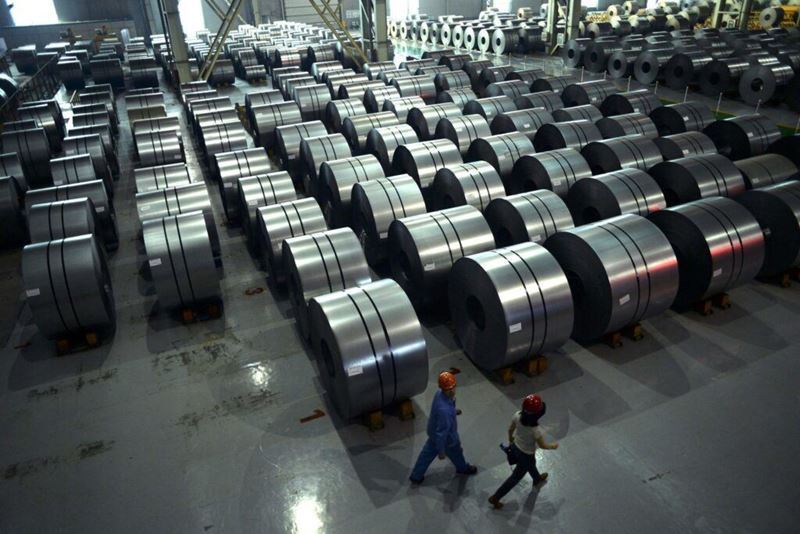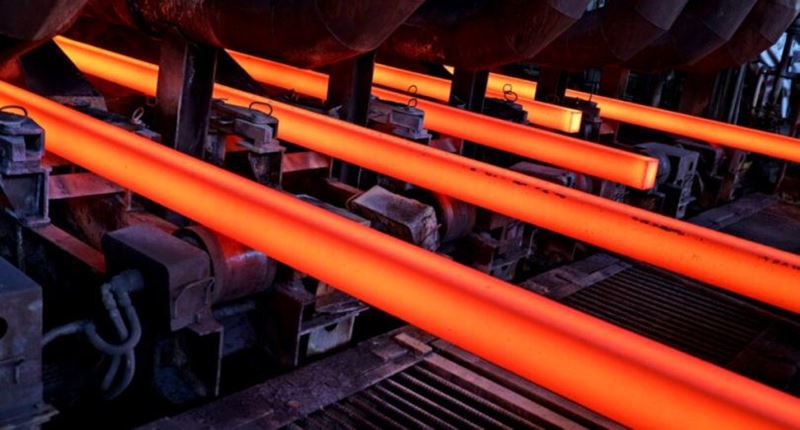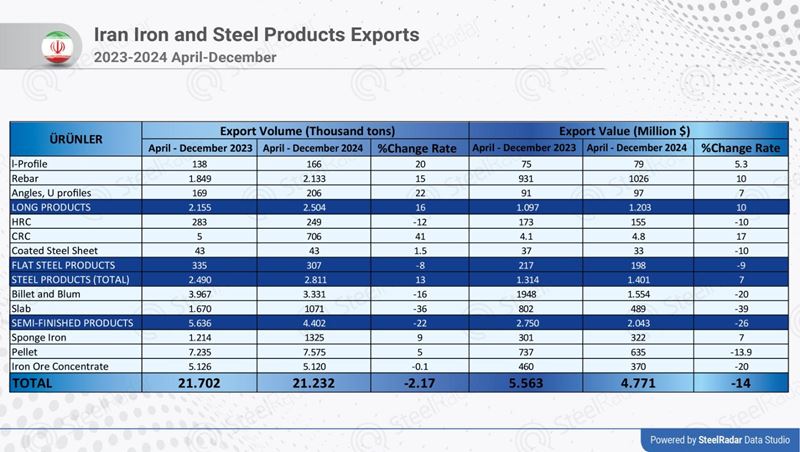According to the published provisions, corporate income tax, previously levied solely on the company's profits, will now be calculated based on the net corporate income earned by taxpayers within an accounting period. Net corporate income is determined in accordance with the provisions of the Income Tax Law concerning commercial profits. All profits and revenues earned by corporations, regardless of which income element they fall under in the Income Tax Law, are considered "corporate income" as a whole.
Under the new regulations, the corporate income tax levied in Türkiye under the minimum corporate income tax application will not be less than 10% of the corporate income before deductions and exemptions, calculated taking into account the provisions of Articles 32 and 32/A.
The corporate income tax will be applied to profits earned by companies in the 2025 tax year and subsequent tax periods, and for corporations subject to a special accounting period, in the special accounting period commencing in the 2025 calendar year and subsequent tax periods.
In the calculation of corporate income tax and temporary tax, a double calculation will be performed:
1) Calculation of corporate income tax as normal, and 2) Calculation of minimum corporate income tax. As a result, the higher of the two will need to be declared and paid.
Industry representatives' perspectives:
Industry representatives state that the uncertainty brought by the new regulations is driving the sector into a dead end. One industry representative said, "Frankly, it's not a situation that brings ease for companies or stimulates the market. It continues to become more difficult day by day. In recent years, while we were expecting a reduction in the VAT rate, it was increased from 18% to 20%. Costs, insurance, and taxes are so high that many things that we thought we were making a profit on are actually breaking even. The sector is currently in a tight spot. The market opening, which we have been waiting for months, has not materialized."
Another representative said, "For sectors with high turnover but low profit margins, this will not be right. If there is profit, it is taxed, otherwise it hinders trade. It will be difficult for producers and merchants."
Another representative said, "I think this will further decrease the already limited volume in the market. The cost of holding ready stock in our sector will increase even further. While an impact on prices is expected, I don't think there will be an increase due to global market prices. I think this will increase the capacity of producers."
A crisis looms in the steel industry:
The steel industry is known for its high energy consumption and raw material costs. Increased tax burdens will increase production costs and narrow profit margins. This may cause companies in the sector to re-evaluate investment decisions and postpone growth plans. Moreover, the decline in international competitiveness will pose a major threat to exporters.
Impacts of the new tax regulations:
- Costs and profit margins: New taxes or tax increases can increase production costs. The steel industry is known for its high energy consumption and raw material costs. If the tax burden increases, profit margins may narrow.
- Investment and expansion: A high tax burden can reduce investor interest in the sector. Companies may have to reconsider new investments or expansion projects due to tax regulations.
- Competitiveness: Tax regulations can affect local and foreign competition. For companies competing in the international market in particular, tax increases can affect prices and reduce competitiveness.
- Exports and foreign trade: If the new regulations reduce export incentives, this can have negative consequences for competitiveness in foreign markets. Additionally, changes in tax policies can lead to fluctuations in exchange rates.
- Regulation and compliance costs: New regulations can increase compliance requirements. Companies may have to spend additional resources and time to comply with tax regulations.
- Industry incentives and support: Regulations can come with incentives and support for the industry. Such incentives can mitigate negative impacts or provide positive contributions to the sector.
Industry representatives say they will work with financial advisors during this process to ensure compliance with the new regulations.











Comments
No comment yet.